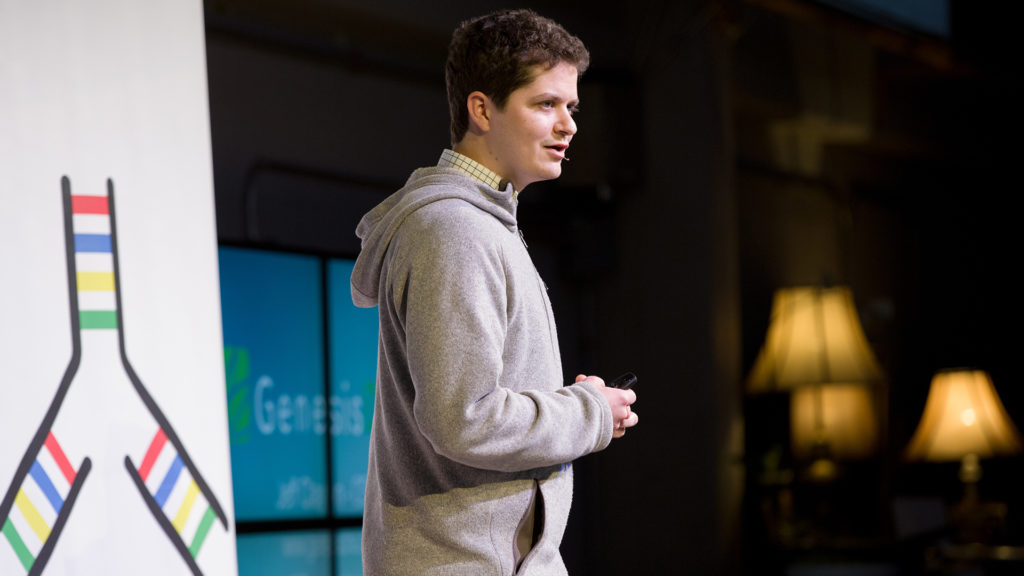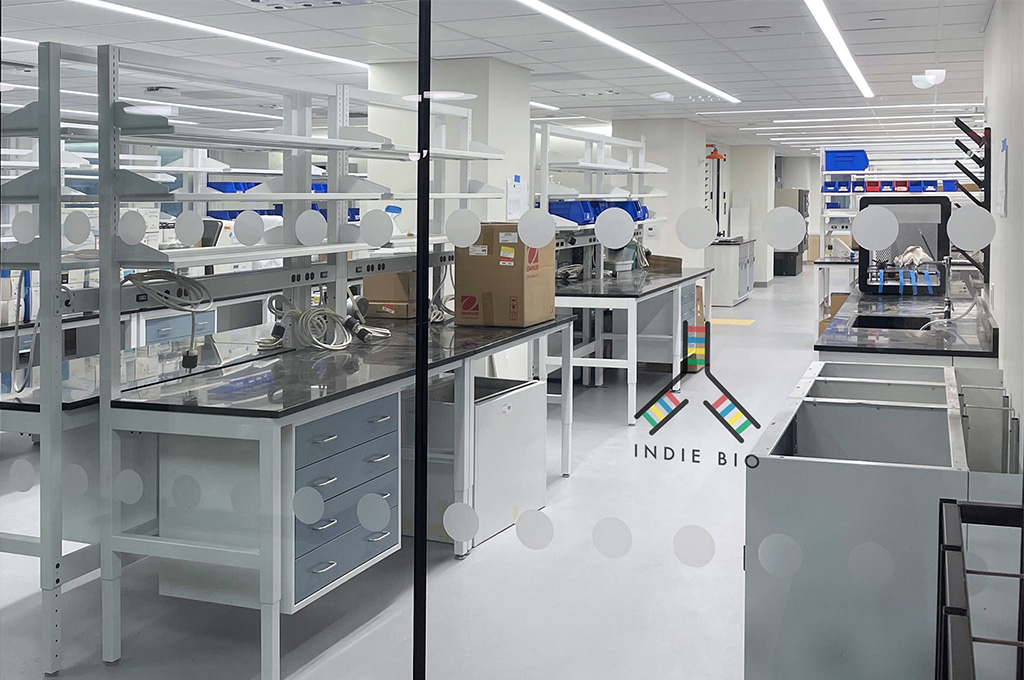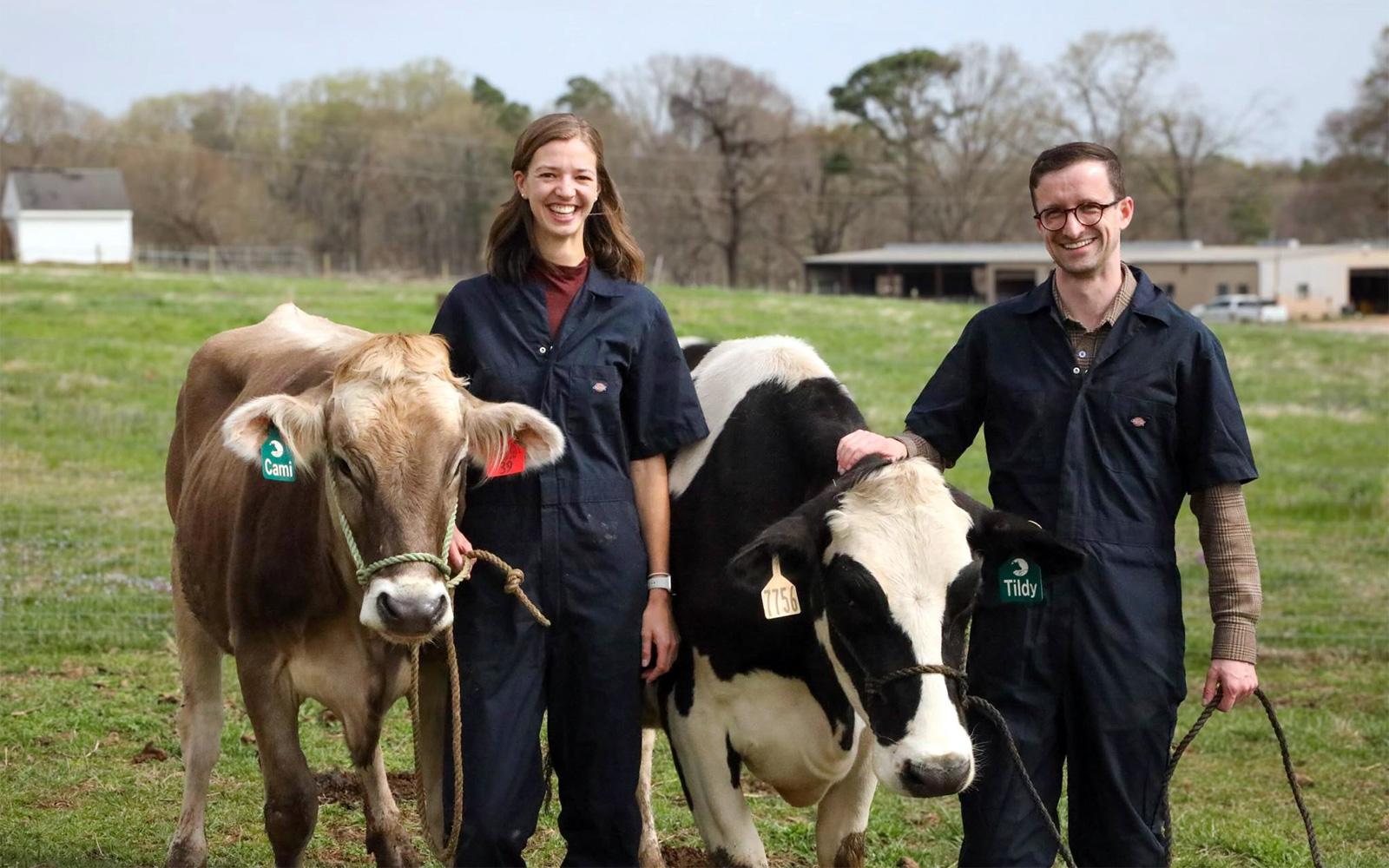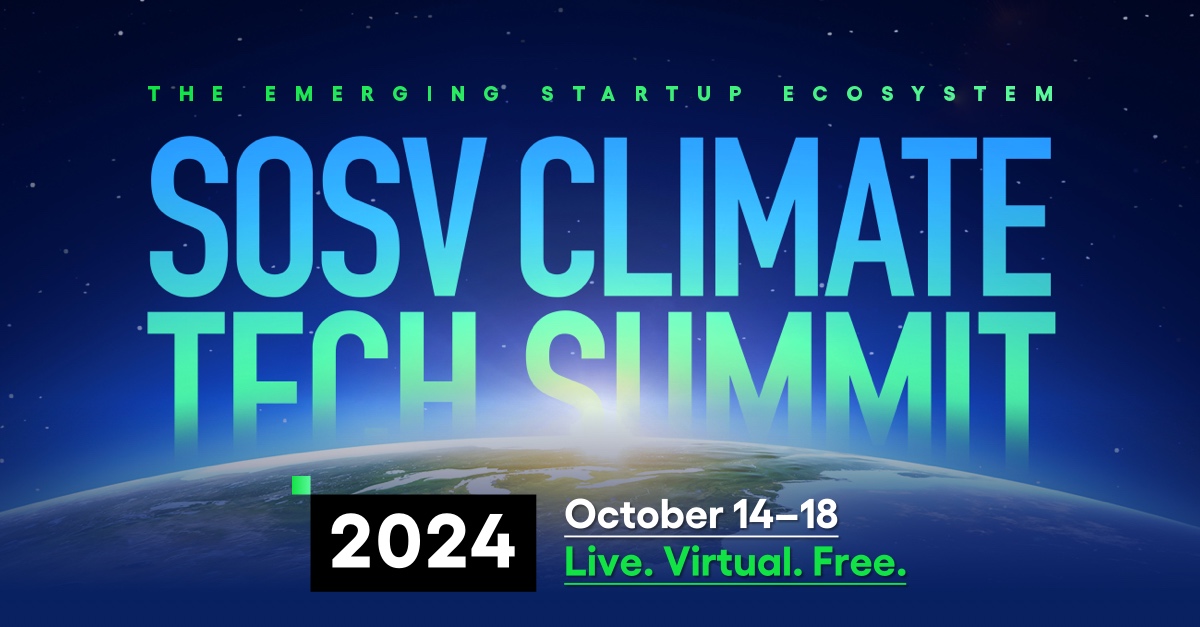
In recent years we’ve seen an exponential ability to sequence DNA. What in the recent past it cost billions of dollars is now available for under one thousand dollars. However, the cost of synthesizing new DNA is still prohibitive and causing bottlenecks in research and industry.
Genesis DNA is working to create new methods to standardize DNA synthesis and make it cheaper, faster, and more reliable. I talked to the company’s CEO, Jeff Clayton, about his background, lessons from creating a start up, and Genesis DNA’s goals. Check out his pitch live on February 4th on IndieBio’s Demo Day Livestream!
Tell me about your background—how did you get interested in the biotech space?
I started off in chemistry as an undergrad since I always had an interest in biochem and biology, but ultimately went in the engineering direction for grad school since I thought there were a lot of opportunity for devices. I saw merging silicon and biological systems as a way to get the best of both worlds. My co-founder, David, also has a chemistry background but went more towards bio-engineering. The idea of Genesis DNA was born from a combination of his expertise in biology and mine in engineering.
What problem are you working to solve with your company, Genesis DNA?
We are developing a next-gen platform for DNA synthesis to standardize the process of assembling genes. The current assembly process is unpredictable. Every time you want to build a gene you have to design and build all the building blocks. This makes it difficult to know how long it will take and how successful a particular build will be. By standardizing the process it becomes easier and more cost effective to build custom DNA sequences.
If you could only pick one thing to validate your reason for forming a startup, what would it be? In other words, what would be the single biggest indicator to you that you are doing the right thing?
Our customer testimonials. It’d be a lot more difficult to work on this problem if we didn’t have people telling us all the time that today’s tools are still inadequate. We’ve heard from almost every biotech company that we’ve talked to that the ability to write DNA has become a huge bottleneck for research.
How do you think success can change your industry?
A great tool for DNA synthesis can do for biology what great microfabrication tools did for electronics. They increase freedom of design and make ideas more accessible and affordable to explore.
How is your team uniquely able to tackle this? What’s the expertise?
Ultimately we’re building a tool that builds biology so the expertise needed is heavy on both the biology and engineering sides. Which our team has.
Any big lessons learned transitioning from academia to startup entrepreneurship?
At IndieBio we’ve parallelized our research much more than we ever did in grad school. In a startup you don’t have the luxury of trying one thing at a time and waiting like in academia. This has been a really gratifying experience because you can achieve a lot of key metrics and get key results much faster.
What’s the biggest challenge you’ve encountered so far?
Besides the tech, learning how to effectively communicate science and its significance to the outside world. It’s not something you get a lot of practice at doing in academia.
What are the big goals and milestones you’re looking to hit in the short term? Long term?
In the short term we’re aiming to validate our chemistry for the synthesis of a short DNA sequence. Our ultimate goal is to greatly simplify the way researchers get DNA. We want it to be delivered in less than a week for simple or complex sequences and an order of magnitude cheaper than what is currently available.
Get in touch with Jeff at jeff@genesisdna.com



